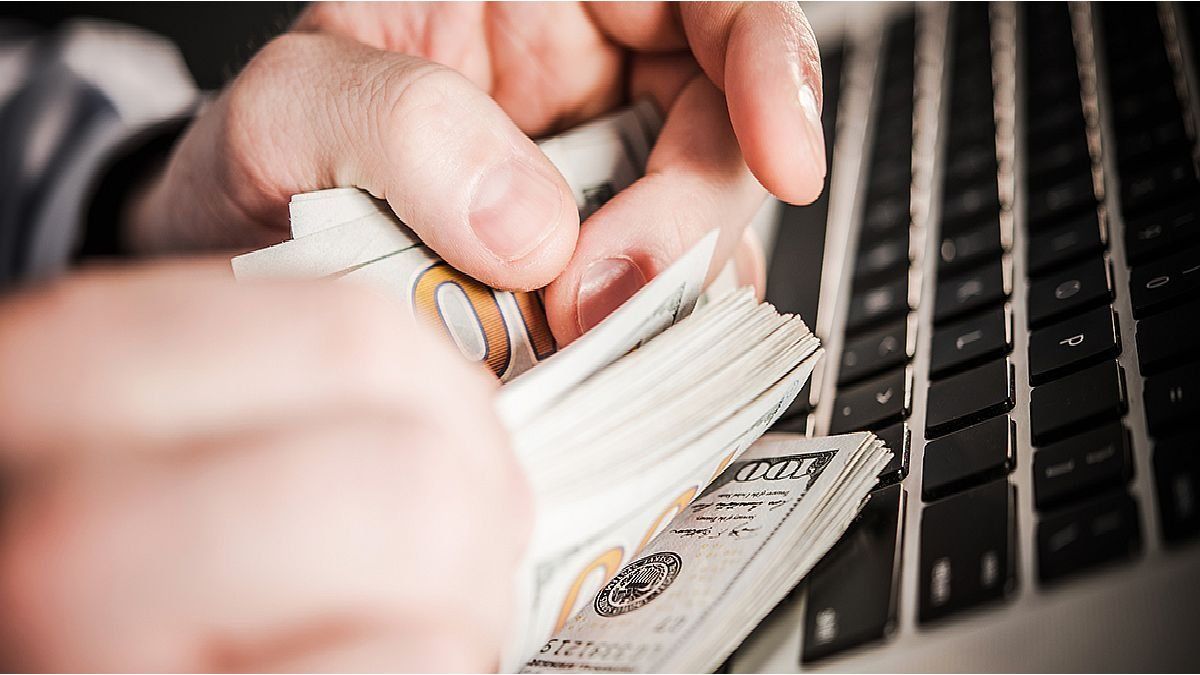“An amnesty for evaders.” This is how the Buenos Aires economic team defined the laundering of Milei, which largely explains the financial summer that Argentina is going through. In that sense, they explain that non-adherence does not change the orientation of the Buenos Aires Collection Agency (ARBA): “We are going to supervise progressively and we will direct efforts towards the sectors with the greatest contributory capacity”they say.
As anticipated by this media, the governor did not include support for money laundering in the tax law he sent to the Legislature and he does not plan to do so in a specific initiative. Hence ARBA will be enabled to collect provincial taxes potentially not paid by taxpayers.
This information generated an almost immediate response from the Casa Rosada. “Kicillof defrauded those who entered into money laundering,” said the Undersecretary of Press of the PresidencyJavier Lanari. Along these lines, Felipe Nuñez, director of BICE and one of the men closest to Luis Caputo, defined the measure as “absolute madness.”
Whitewashing: other provinces that do not adhere
If the refusal of Buenos Aires generated discomfort in the Casa Rosada, Milei’s team must be attentive to the next steps of the governors who, according to the legislative calendar, are beginning to define their positions with respect to the national regime.
For example, Santa Fe will charge a rate of 2% for amounts greater than US$100,000, which it will use to grant tax benefits to compliant taxpayers. In the case of Neuquén, a progressive rate of between 0.75% and 1.25% will be charged. Salta established its own scheme with a rate of 10% of what has been taxed to the Nation and Mendoza adhered to the money laundering without establishing any special tax.
The governors who have not joined so far are: Kicillof (Buenos Aires), Jorge Macri (CABA), Sergio Ziliotto (La Pampa), Gustavo Melella (Tierra del Fuego), Ricardo Quintela (La Rioja), Claudio Vidal (Santa Cruz) , Gildo Insfrán (Formosa), Raúl Jalil (Catamarca) and Gerardo Zamora (Santiago del Estero).
Ámbito was able to communicate with the representatives of at least three provinces who confirmed their decision not to join the national initiative. These are administrations that will also seek to collect potentially evaded taxes.
The money laundering numbers
According to the Customs Collection and Control Agency (ARCA), in the first stage of the regime some US$20,631 million were deposited into the special accounts. The former AFIP also reported that they received some US$2.69 billion in other assets. In the same process, some 14,810 properties were declared, 14,260 located in Argentina and about 550 abroad.
Regarding accounts outside the country, some 6,491 were declared. Most of them located in the United States, Uruguay, Spain and Switzerland, among others. For the Government, money laundering was a fundamental policy to sustain the financial summer.
The dollars that entered provided greater liquidity to the Central Bank. At the same time, a financing process in dollars was activated for companies, which must then liquidate them against pesos in the official market and Argentine assets were valued by the benefits that these investments provide for those who entered the regime.
The question among critical analysts is whether the current euphoria is a photo, or a film sustainable over time.
Source: Ambito




